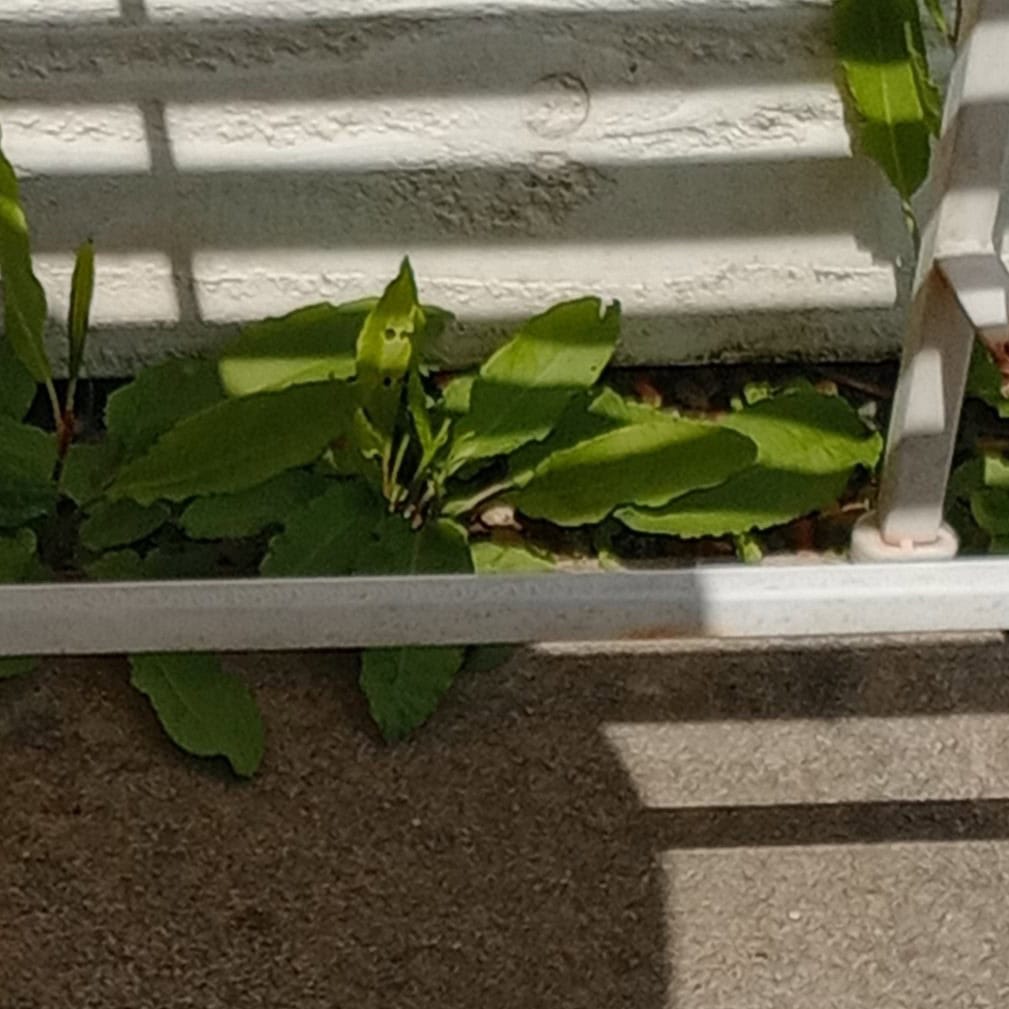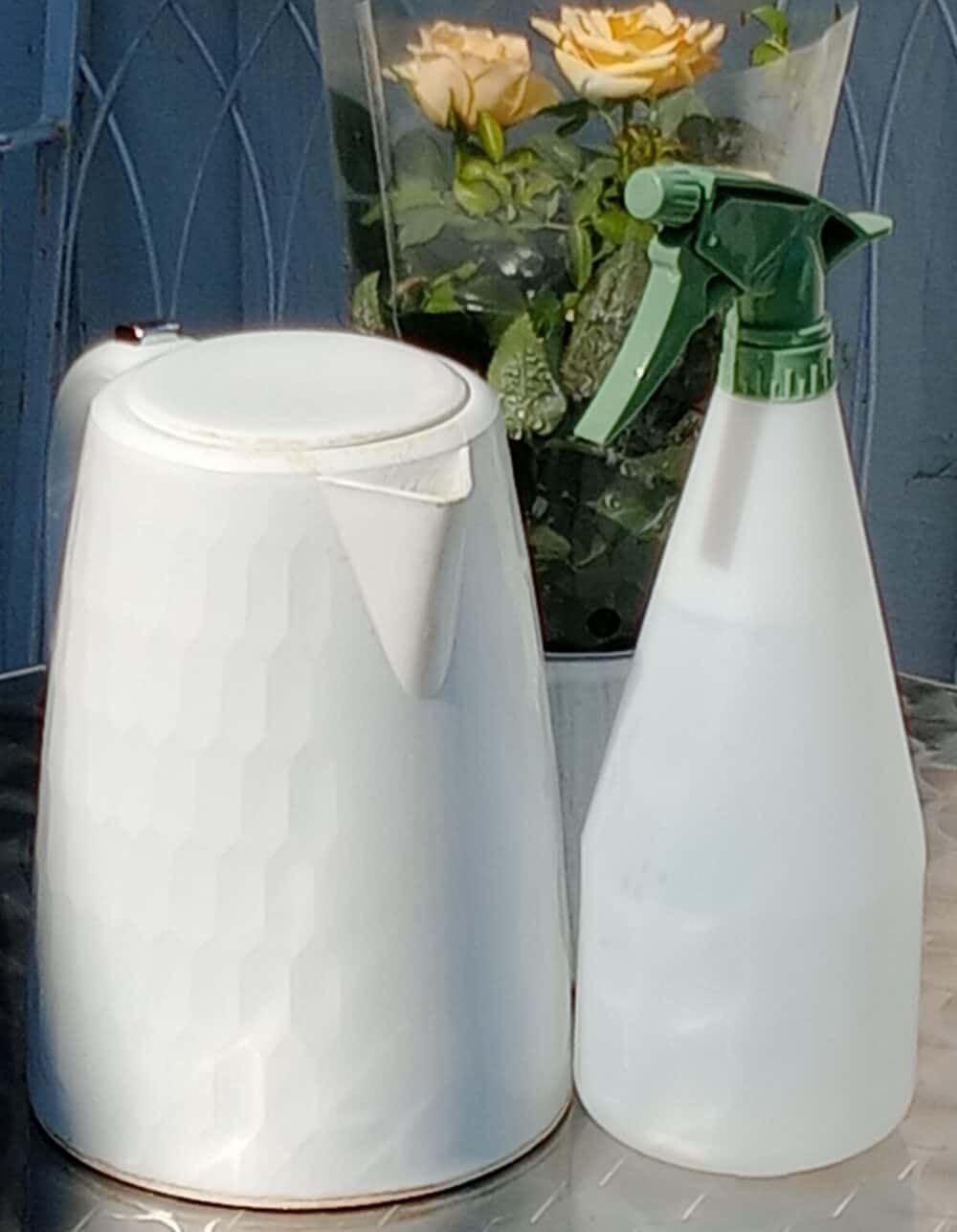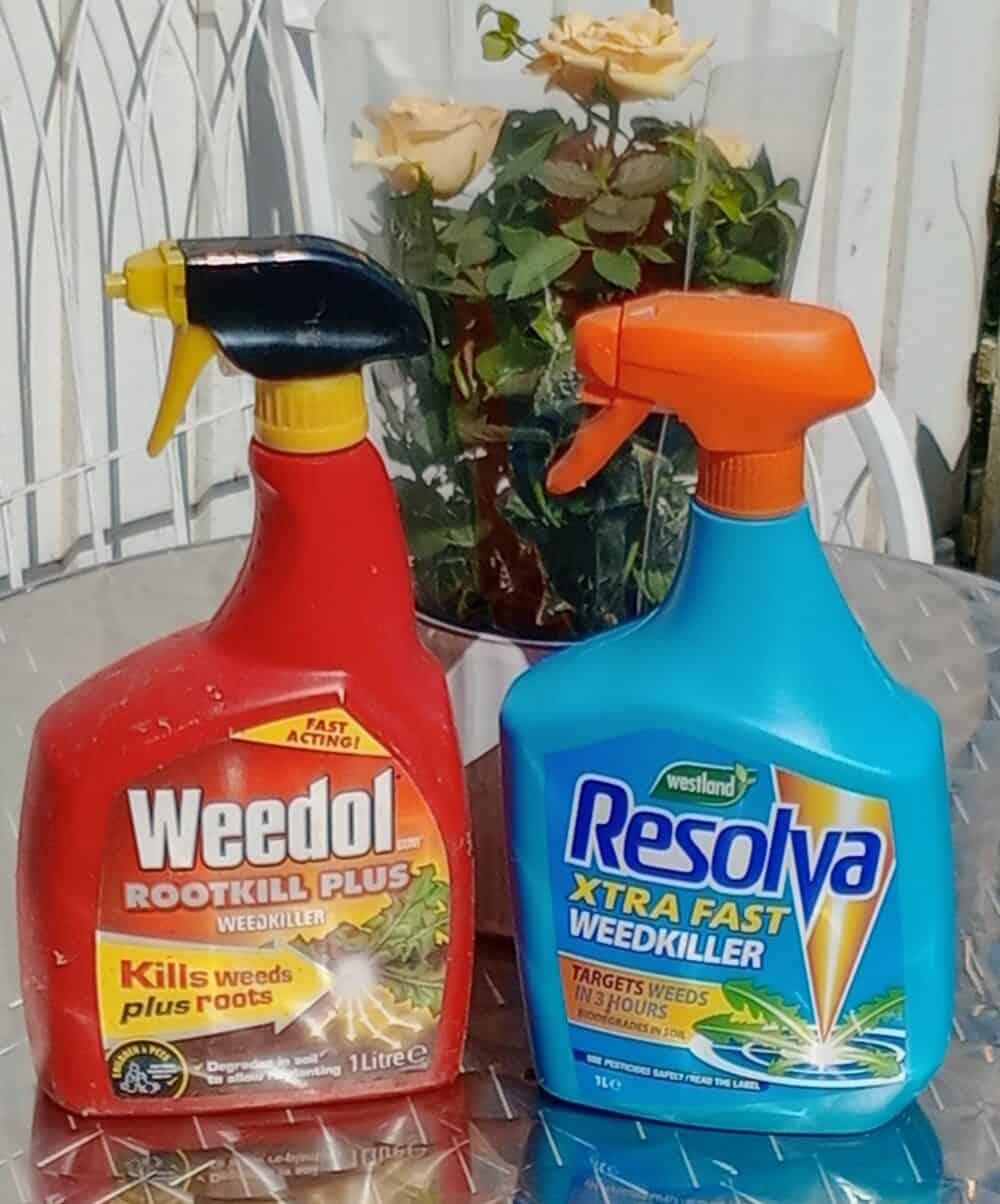
How to Eradication Weeds Incorporating None Chemical Methods
Table of Contents
Are you trying to eradicate the weeds in your garden? Whether you’re dealing with stubborn perennial weeds or newly sprouted annual weeds, learning how to kill weeds efficiently can save you time, energy, and the effort required to maintain your plants. This guide outlines effective methods for eradicating weeds without harming your garden.
How to Identify the Type of Weed in Your Garden

Before you can kill the weed, it’s essential to know what kind you’re dealing with:
- Annual weed – These weeds grow and die in one season. Common examples include chickweed and crabgrass.
- Perennial weed – Perennial weeds need more intensive methods because they return yearly through their root system.
- Invasive weeds – These are difficult to remove and outcompete your garden plants, like Japanese knotweed.
Weeds can also harbor pests, block sunlight, and deplete soil nutrients. Garden experts agree that fast identification is the first way to kill weeds effectively.
Manual Methods
Weed by Hand for Precision

Removing weeds by hand is an old but gold method. Use a weeding tool or garden hand fork to target individual weeds. Be sure to get the entire root system—especially for pernicious perennial weeds—to prevent regrowth.
- Works best when the soil is moist
- Weeds out by hand are less likely to return
Using a Weeding Tool
For larger weeds, a sharp weeding tool or using a garden fork will help scrape out weeds efficiently and kill the roots.
Natural Weed Killers

Use Vinegar to Kill Weeds
Vinegar kill weeds by drying them out. Pour vinegar directly onto the weeds for the best results, but be cautious—it can also kill the grass and kill any plant it touches.
- Great for cracks and patios
- Not recommended around vegetables or garden plants
Pro tip: Use salt to kill weeds for extreme cases, but avoid soil contact—salt can kill everything.
Boiling Water for Dry Weeds
Pouring boiling water on the weeds is another safe and simple method. It’s especially effective on dry weeds and between pavement cracks.
Smother Weeds to Stop Weeds From Growing
Want to stop weeds before they take over? Smother weeds with mulch, cardboard, or black plastic. This weed control technique blocks sunlight, preventing weed seeds from germinating.
- Excellent for vegetable gardens and flower beds
- Helps prevent new weeds from forming
Chemical Weed Killers: A Last Resort

If natural methods don’t kill weeds effectively, use a weed killer.
- Selective weed killer: Targets common lawn weeds without damaging grass
- Non-selective weed killer: Use only when you need to kill everything, like clearing a pathway
Choose a killer for the best results and follow all safety instructions. Overuse can lead to unwanted weeds becoming resistant.
Preventative Weed Control for a Garden Free of Weeds
Prevention is the most effective way to keep weeds at bay. Here’s how:
- Use a garden mulch layer to prevent weed seeds from sprouting
- Water only your plants—avoid putting water on the weeds
- Reduce competition from weeds by fertilizing and spacing plants properly
- Keep your garden free of weeds with regular inspections
Weeds in Your Lawn or Garden
Weeds in your lawn are just as problematic as weeds in your garden. Common issues include:
- Lawn weeds like clover and dandelions
- Garden weeds that choke flowers and veggies
- Weeds grow quickly after rainfall or irrigation
Make sure you get every weed out—larger weeds, pernicious weeds, and even specific weeds you didn’t expect. The weeds you want to remove may vary, so tailor your plan accordingly.
Inherited Weeds From Neighbours


Preventing weeds from spreading into your yard from neighboring properties can be challenging but manageable with a combination of barriers, maintenance, and strategic planting. Here are effective ways to prevent weeds inherited from your neighbors:
Install Physical Barriers
- Edging: Use deep garden edging (4–6 inches deep) made of metal, plastic, or concrete along property borders. This helps stop creeping weeds like Bermuda grass or bindweed.
- Landscape fabric: Lay weed barrier fabric at the border and cover it with mulch or gravel.
- Fencing with trenching: Install a fence and dig a trench beneath it to install underground root barriers (especially for aggressive runners).
Maintain a Buffer Zone
- Gravel or mulch strip: Create a 1–2 foot-wide strip of gravel, bark mulch, or dense ground cover along the edge of your property.
- Mow or trim edges often: Regular mowing or string trimming at the boundary keeps weeds from flowering and seeding.
Monitor and Act Quickly
Carry out regular inspections by walking your property line weekly to spot and pull new weeds before they establish. If you’re comfortable, have a friendly conversation with your Neighbour about shared concerns. They may be unaware that their weeds are spreading and are open to managing them.
Conclusion
You now know multiple ways to kill weeds and how to choose the best way to eradicate them for your situation. From pulling weeds by hand to using vinegar or applying a weed killer, each method can help you get rid of weeds permanently. With the right approach, your garden can become weed-free and flourish without the constant battle.



